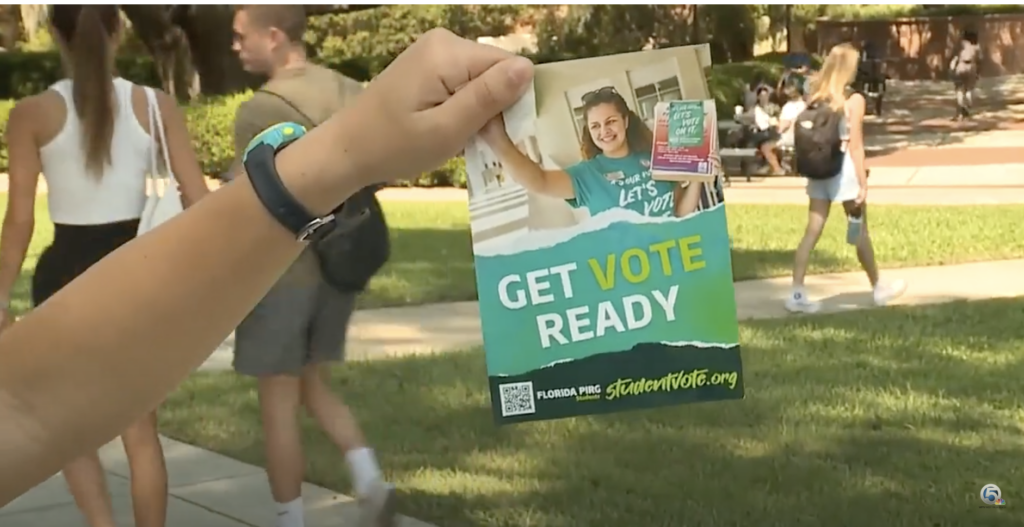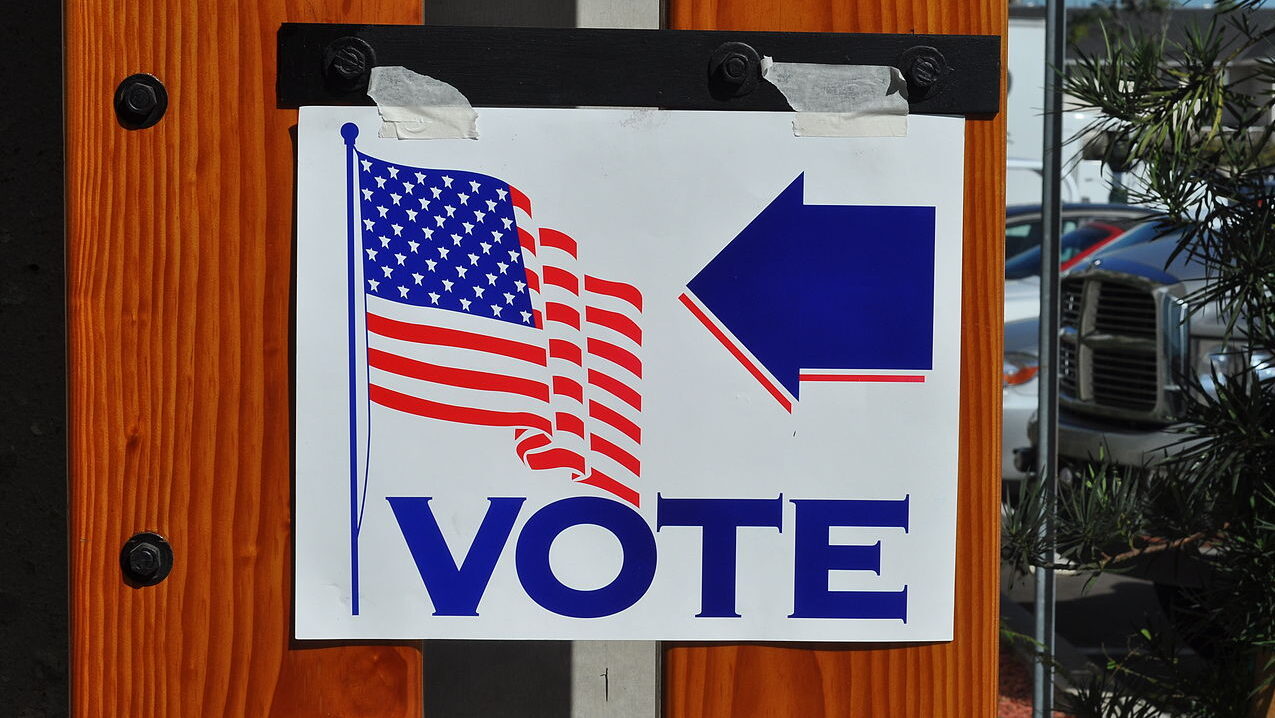Twitter’s new rules put election offices at risk of spoof accounts.
Twitter Verification Changes Cause Concern for Election Officials
Tracking Down Accurate Information
Tracking down accurate information about Philadelphia’s elections on Twitter used to be easy. The account for the city commissioners who run elections, @phillyvotes, was the only one carrying a blue check mark, a sign of authenticity.
But ever since the social media platform overhauled its verification service last month, the check mark has disappeared. That’s made it harder to distinguish @phillyvotes from a list of random accounts not run by the elections office but with very similar names.
Impostor Accounts and Election Security
Impostor accounts on social media are among many concerns election security experts have heading into next year’s presidential election. Experts have warned that foreign adversaries or others may try to influence the election, either through online disinformation campaigns or by hacking into election infrastructure.
Election administrators across the country have struggled to figure out the best way to respond after Twitter owner Elon Musk threw the platform’s verification service into disarray, given that Twitter has been among their most effective tools for communicating with the public.
The Inconsistency of Twitter’s New Verification System
Election and security experts say the inconsistency of Twitter’s new verification system is a misinformation disaster waiting to happen. “The lack of clear, at-a-glance verification on Twitter is a ticking time bomb for disinformation,” said Rachel Tobac, CEO of the cybersecurity company SocialProof Security. “That will confuse users – especially on important days like election days.”
Twitter’s New Policy
Twitter’s new policy invites government agencies and certain affiliated organizations to apply to be labeled as official with a gray check. But at the state and local level, qualifying agencies are limited to “main executive office accounts and main agency accounts overseeing crisis response, public safety, law enforcement, and regulatory issues,” the policy says.
The rules do not mention agencies that run elections. So while the main Philadelphia city government account quickly received its gray check mark last month, the local election commission has not heard back.
The Burden on Voters
Experts and advocates tracking election discourse on social media say Twitter’s changes do not just incentivize bad actors to run disinformation campaigns — they also make it harder for well-meaning users to know what’s safe to share. “Because Twitter is dropping the ball on verification, the burden will fall on voters to double check that the information they are consuming and sharing is legitimate,” said Jill Greene, voting and elections manager for Common Cause Pennsylvania.
That dampens an aspect of Twitter that until now had been seen as one of its strengths – allowing community members to rally together to elevate authoritative information, said Mike Caulfield, a research scientist at the University of Washington’s Center for an Informed Public. “The first rule of a good online community user interface is to ’help the helpers.′ This is the opposite of that,” Caulfield said. “It takes a community of people who want to help boost good information, and robs them of the tools to make fast, accurate decisions.”
" Conservative News Daily does not always share or support the views and opinions expressed here; they are just those of the writer."





